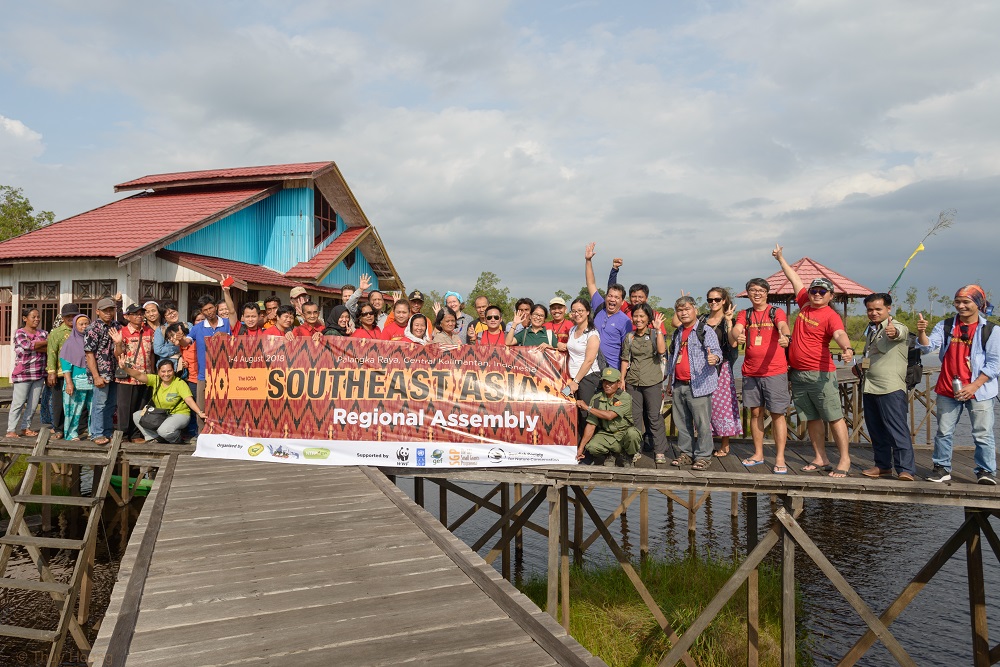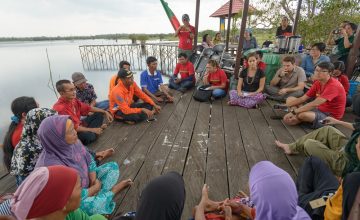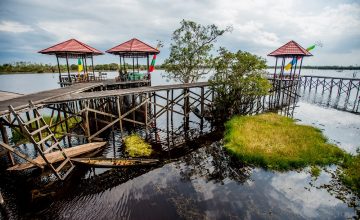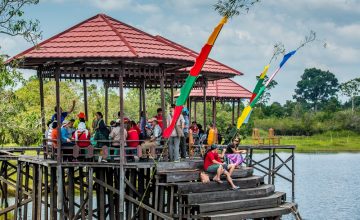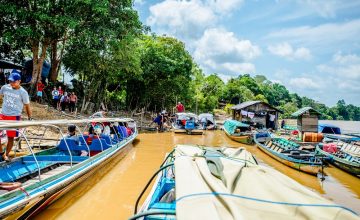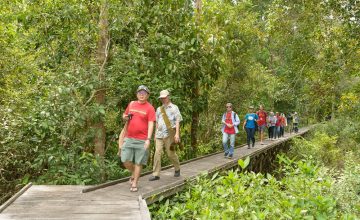First published on 08/05/2018, and last updated on 11/18/2019
The Regional Assembly of the ICCA Consortium Southeast Asia and West Austronesia regions was held in Palangkaraya, Central Kalimantan, Indonesia, on August 1-4, 2018.
It was attended by 36 participants coming from the Philippines, Malaysia, Indonesia, Myanmar/Burma, Vietnam, Cambodia, Taiwan, Province of China, and Madagascar, including 5 representatives of the UN Development Program – Small Grant program (UNDP SGP) and one International Land Coalition partner. Following the first regional event of Lombok, which was held in 2015, this Palangkaraya meeting moved closer to the goal of making the West Austronesia region a reality, as the Consortium works on its regionalisation process.
In small groups, country by country, the participants began by identifying the threats and opportunities for ICCAs in the regions, including learning points for the Regional Learning Network. Then, all the participants formulated a statement that expressed a Mission for the region: “To support mutual learning, enhance awareness and capacities, and strengthen solidarity and action for appropriate recognition and self-strengthening of ICCAs in Southeast Asia and West Austronesia.” It was decided that the scope, structure, governance and membership of the region of the Southeast Asia region would be expanded to include the West Austronesia region. These results will also be shared during the ICCA Consortium Forthcoming regional Assembly, to be held in November 2018 in Ethiopia.
One day was set aside for a field visit to the lake community of Jahanjang, a partner of WWF Indonesia. Jahanjang is a typical traditional village of 627 people, in about 179 households, located downstream from Katingan River. The people mostly live on fisheries. In order to protect their fishery resources, as well as to preserve the opportunity of developing ecotourism, the Jahanjang people declared Danau Bulat (Round Lake) to be a protected area. This decision was made in 2013, when fishery resources in the main river were depleted due to the deteriorating water quality.
For more information, please contact the Regional Coordinator for Southeast Asia
